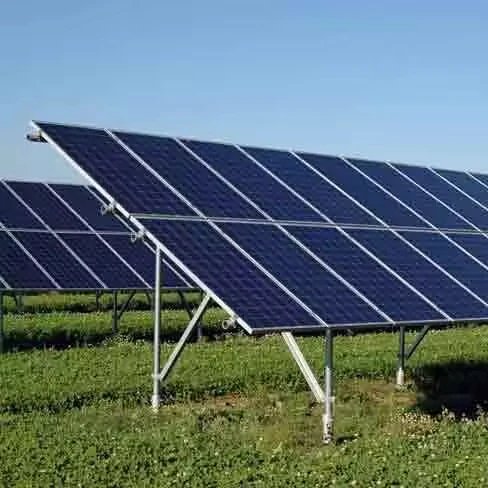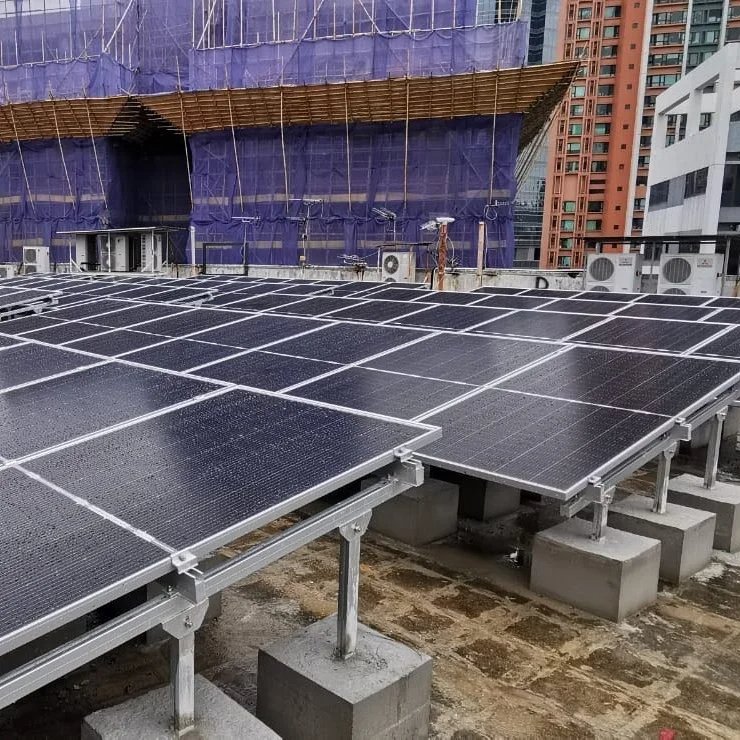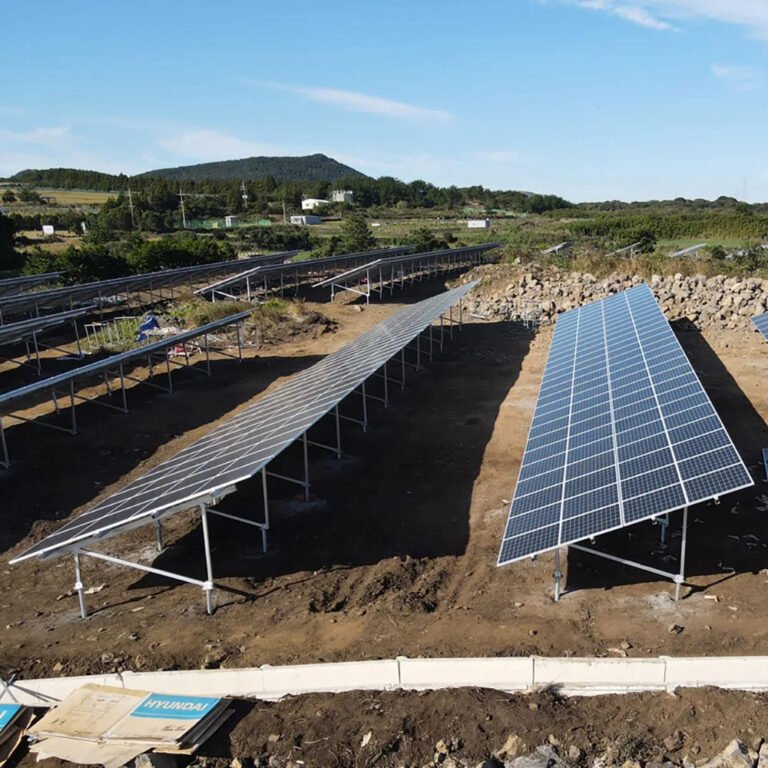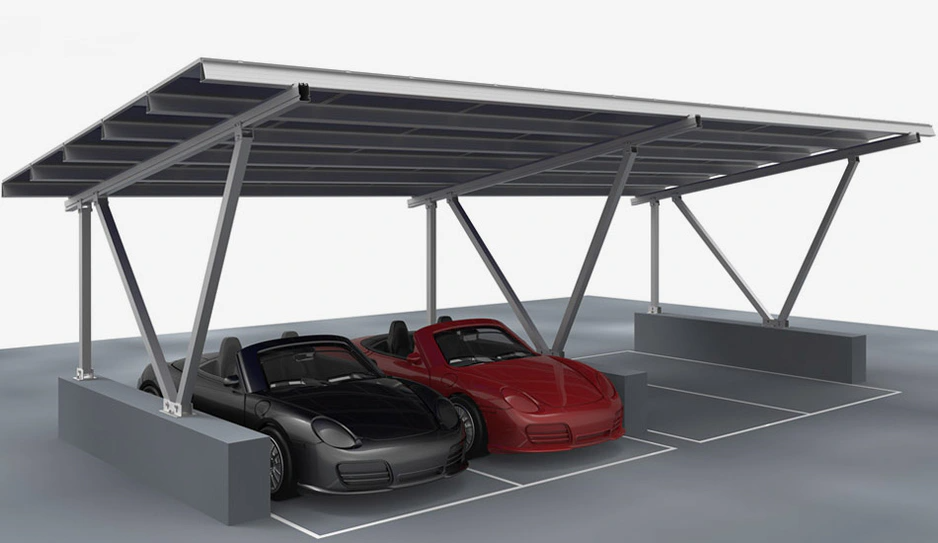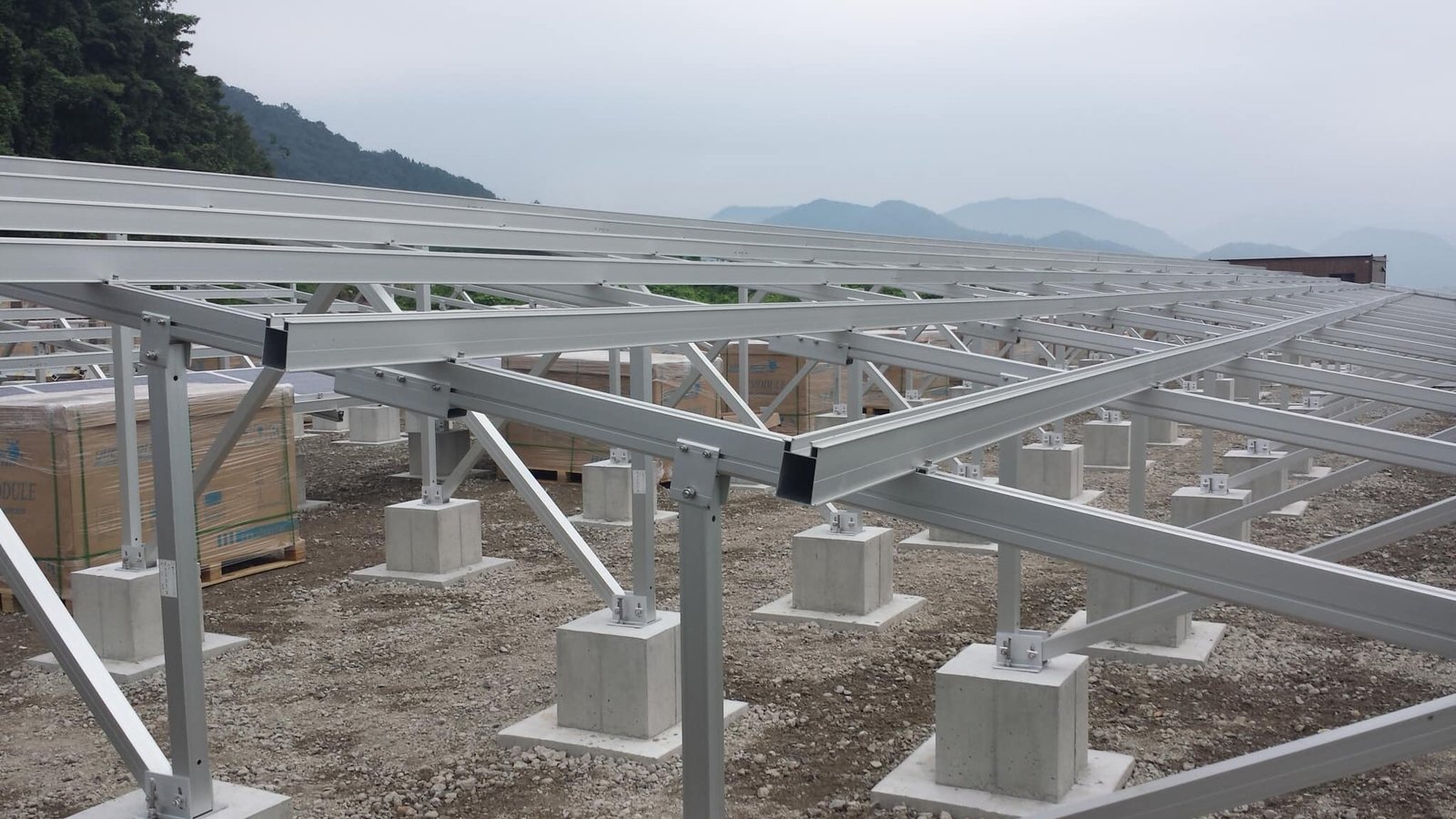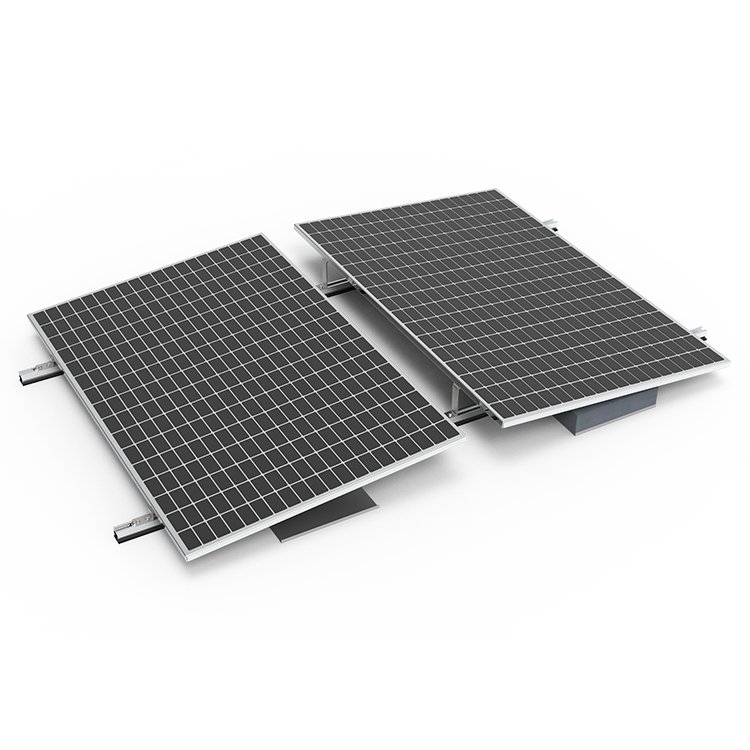-
2103 Zimmer NO.322 Xinggang One Road,Haicang District,Xiamen Fujian,China
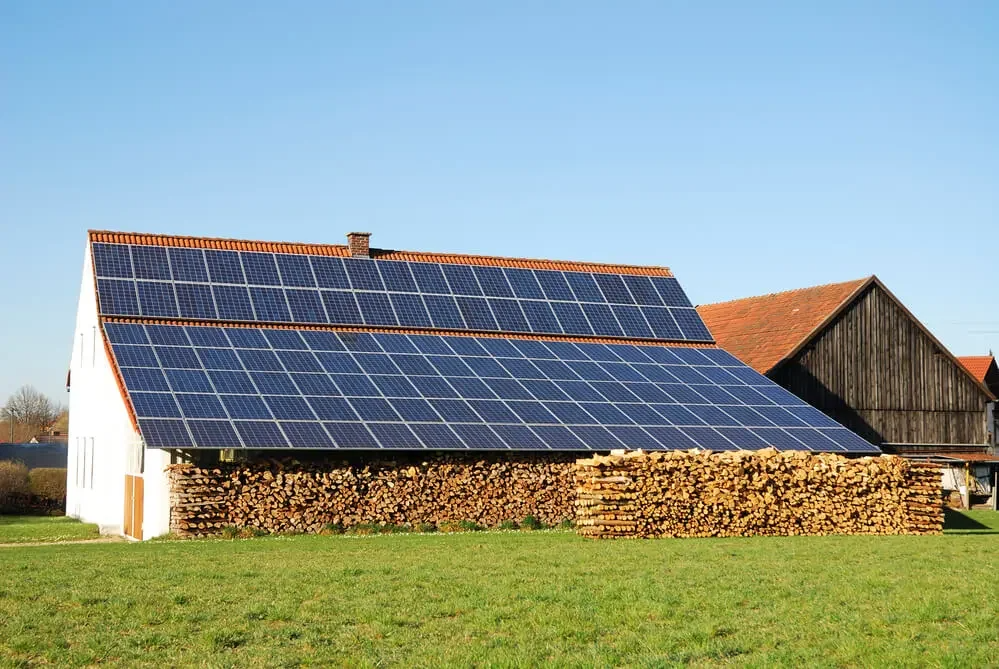
Types of Solar Panels: Features, Benefits, and How to Choose the Best One
Table of Contents
Solar panels come in various types, distinguished by their material composition. Each type has different characteristics regarding power generation efficiency, cost, and suitable environments. Understanding these differences is crucial when considering solar power installation.
In this article, we explain the types of solar panels, their features, advantages, and points to consider when choosing the right one for your needs.
Explore Ground Solar Mounting Systems
What Are Solar Panels?
Solar panels are devices that generate electricity by utilizing sunlight. They consist of multiple solar cells combined into a panel and are mainly installed on residential, factory, or commercial building rooftops. The electricity generated can either be consumed on-site or sold to utility companies.
Because solar power generation does not emit carbon dioxide, it is gaining attention as an environmentally friendly renewable energy source.
Learn More about Agricultural Farmland Solar Mounting System
Types of Solar Panels by Material
| Material | Power Generation Efficiency | Features |
|---|---|---|
| Silicon-Based | Monocrystalline: ~20%Polycrystalline: ~15%Thin-film: ~9% | Most widely used, high efficiency, long lifespan, higher manufacturing cost |
| Compound-Based | CIS: ~14%CdTe: ~13%III-V: ~38% | Suitable for high-temperature or space use, environmental and cost challenges |
| Organic-Based | Dye-sensitized: ~14%Organic Thin-film: ~12% | Lightweight, flexible, cost-effective, slightly lower efficiency |
| Quantum Dot-Based | Over 60% (under research) | Next-generation technology, not yet commercialized |
Source: NEDO Renewable Energy White Paper, J-Stage Research Papers
Let’s dive deeper into each type.

Silicon-Based Solar Panels
Silicon-based panels are the most common worldwide. They are known for reliability, high conversion efficiency, and long lifespan, making them ideal for residential and industrial applications.
- Monocrystalline Silicon: Highly efficient and durable.
- Polycrystalline Silicon: Slightly lower efficiency but more affordable.
- Thin-film Silicon: Lightweight and flexible but lower efficiency.
Japan has been a major user of silicon-based panels, particularly monocrystalline types, due to their proven performance.
Check Aluminum Ground Mount with Screw Pile Foundation
Compound-Based Solar Panels
Compound panels use a mix of different elements rather than pure silicon, offering unique properties for specific environments.
- CIGS (Copper Indium Gallium Selenide): Flexible, improving efficiency.
- CdTe (Cadmium Telluride): Low energy use during manufacturing but environmental concerns due to cadmium.
- III-V: Extremely high efficiency (up to 40%), used in space applications.
Compound-based panels are mainly deployed for niche uses where performance under extreme conditions is crucial.
Organic-Based Solar Panels
Organic panels are made from carbon-based materials, offering flexibility and potential for low-cost production.
- Dye-Sensitized Solar Cells (DSSC): Mimic photosynthesis.
- Organic Thin-Film Solar Cells: Lightweight and flexible, ideal for wearable tech and portable devices.
While current efficiency levels are modest, future improvements could make organic panels an everyday solution.
Quantum Dot-Based Solar Panels
Quantum dot technology uses nano-sized semiconductor particles to boost absorption and efficiency.
Though still under research, quantum dots are expected to surpass the traditional limits of solar efficiency (>60%). However, mass production remains challenging due to cost.
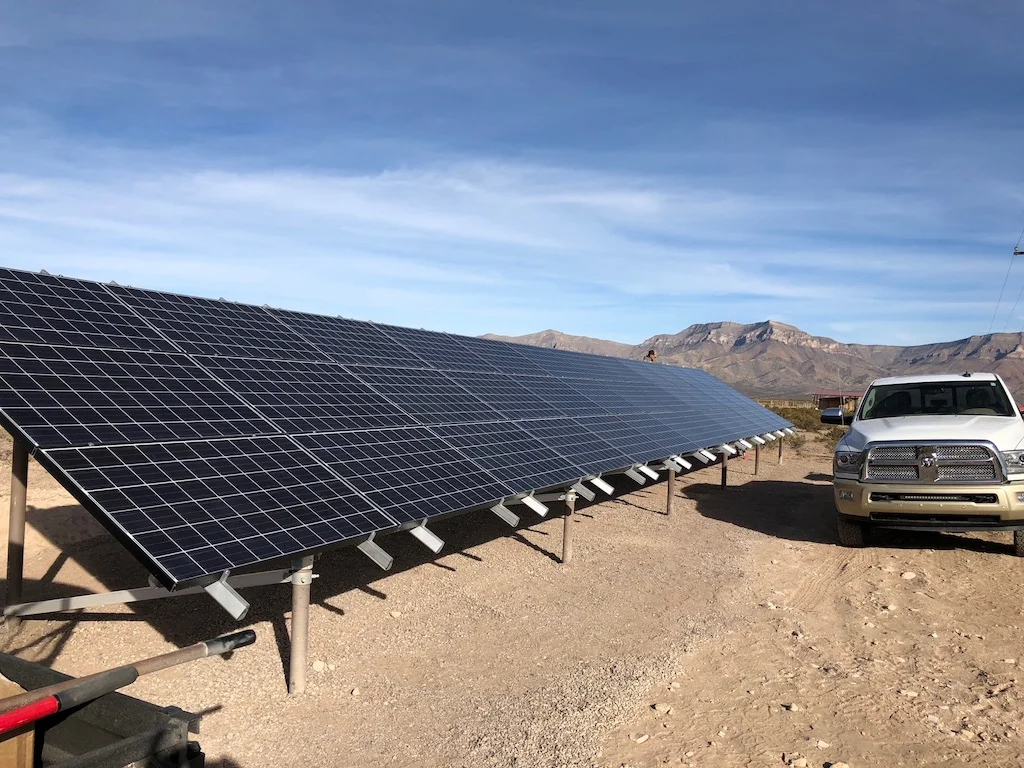
Recommended Solar Panels for Industrial Solar Installations
For industrial applications, silicon-based panels, especially monocrystalline silicon, are currently the best choice.
They offer:
- High efficiency
- Proven reliability
- Minimal degradation over time
However, each manufacturer offers slightly different products. It is essential to compare features and warranties carefully before selecting.
Discover Agricultural Solar Mount Systems
Points to Consider When Choosing Solar Panels
Initial Cost and Maintenance Costs
The cost of installing industrial solar systems has decreased significantly over the years:
| Component | 2013 Average Cost | 2024 Average Cost |
|---|---|---|
| Solar Panels | $2,430/kW | $900/kW |
| Power Conditioner | $510/kW | $360/kW |
| Mounting System | $380/kW | $220/kW |
| Installation Work | $700/kW | $800/kW |
Source: Agency for Natural Resources and Energy, 2024 Report
Despite decreasing panel costs, installation and maintenance still require budget planning. Check for available subsidies or grants in your region.
Warranty and Support
Since solar panels have operational lives exceeding 20 years, choosing a product with strong warranty and support is crucial.
Look for:
- Product warranties
- Output performance warranties
- Local service and support availability
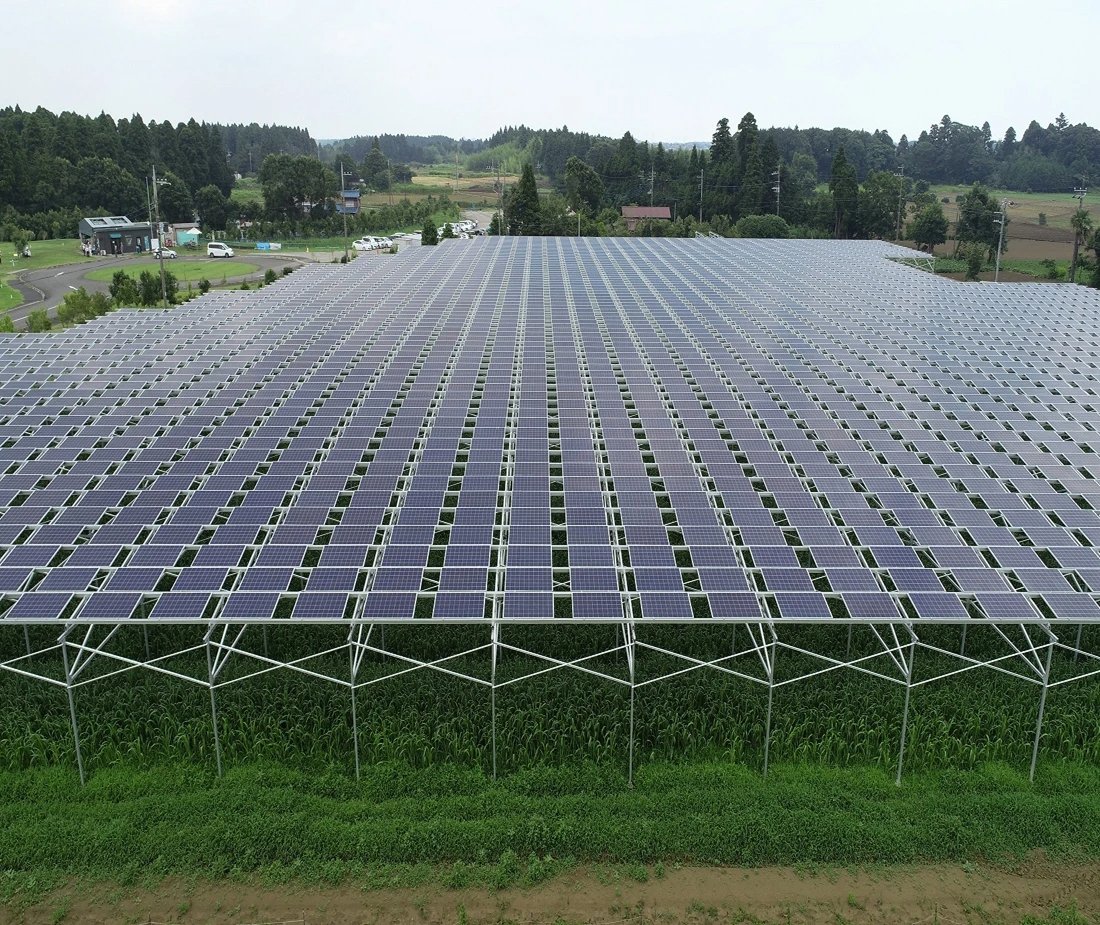
Power Output and Installation Location
Ideal conditions for maximizing solar generation include:
- South-facing installation
- Slight tilt for optimal sun exposure
- Low shading throughout the day
Also, consider products suitable for cold climates or flexible mounting if necessary.
Explore Solar Mounting Accessories
Conclusion: Match the Solar Panel Type to Your Application
Solar panel performance heavily depends on the material used. For most commercial and industrial installations, silicon-based panels remain the recommended option.
However, as newer technologies like organic and quantum dot panels continue to evolve, more tailored solutions will become available.
Choosing the right panel requires understanding both your project’s needs and the evolving technology landscape.
If you are unsure which solar panel fits your facility best, consulting with a multi-brand expert is highly recommended.

